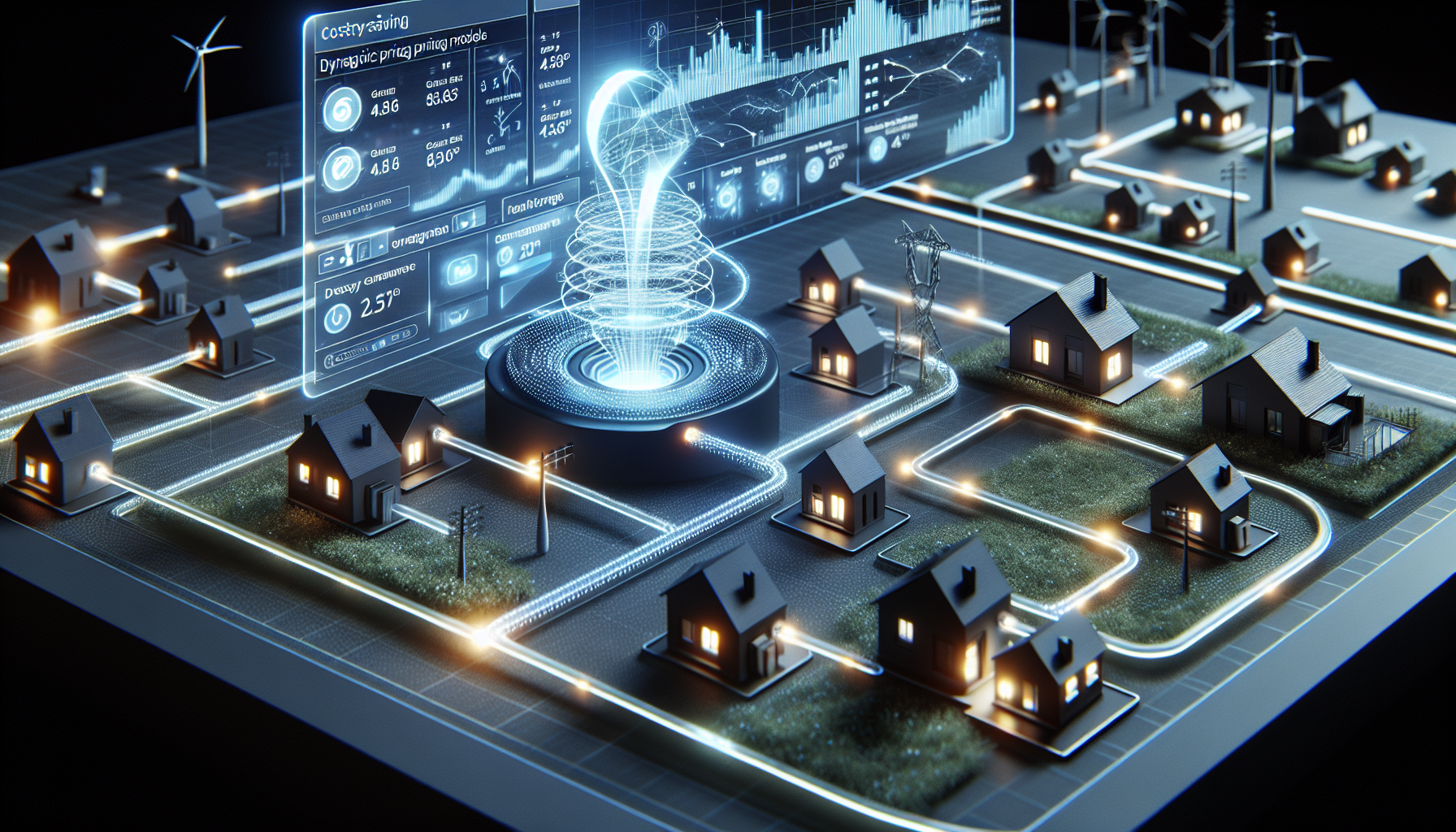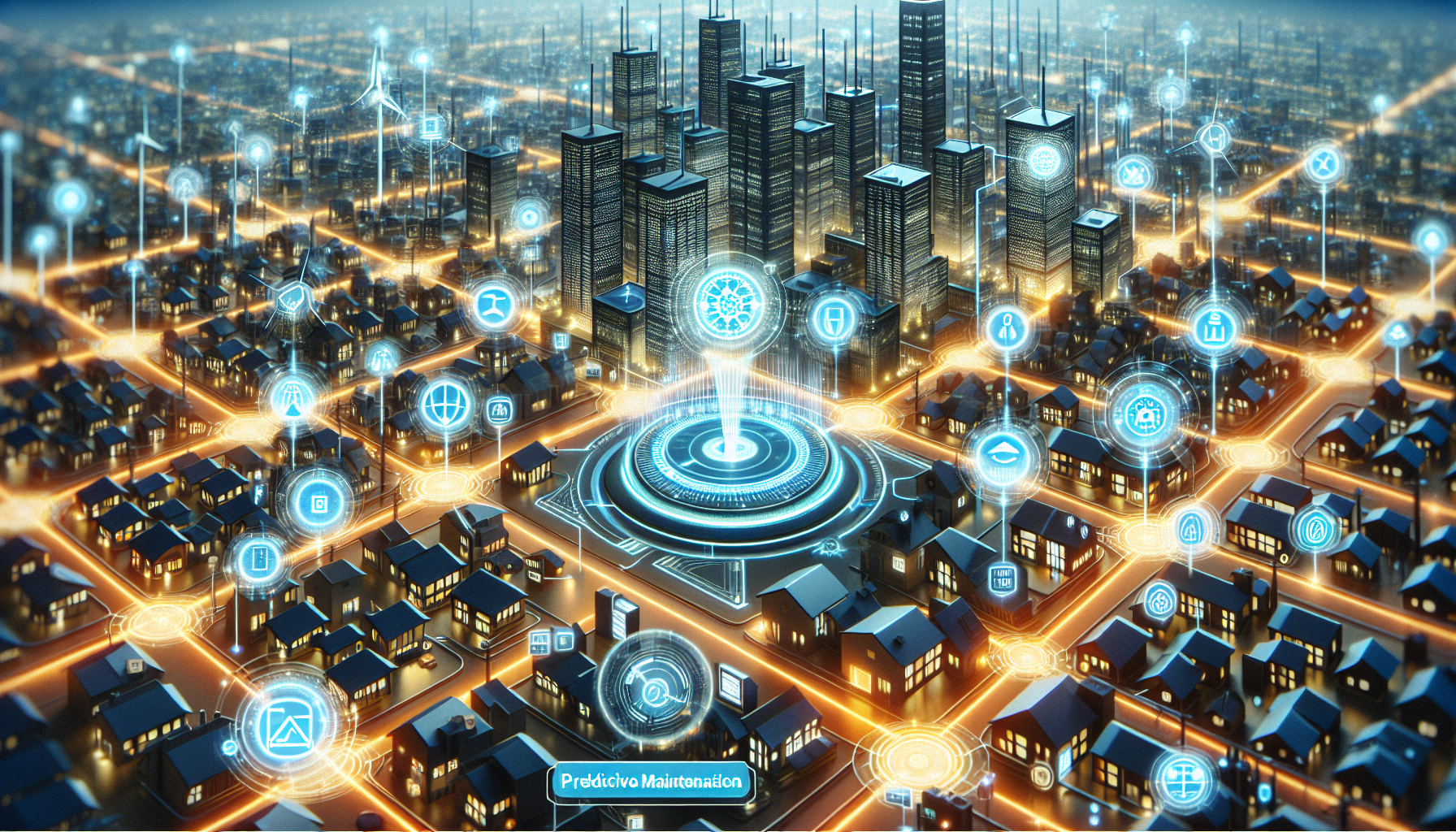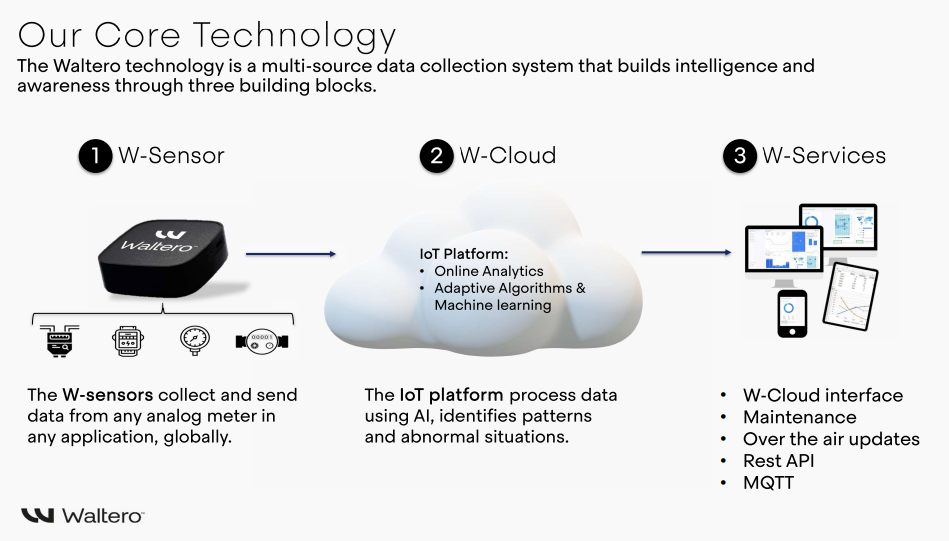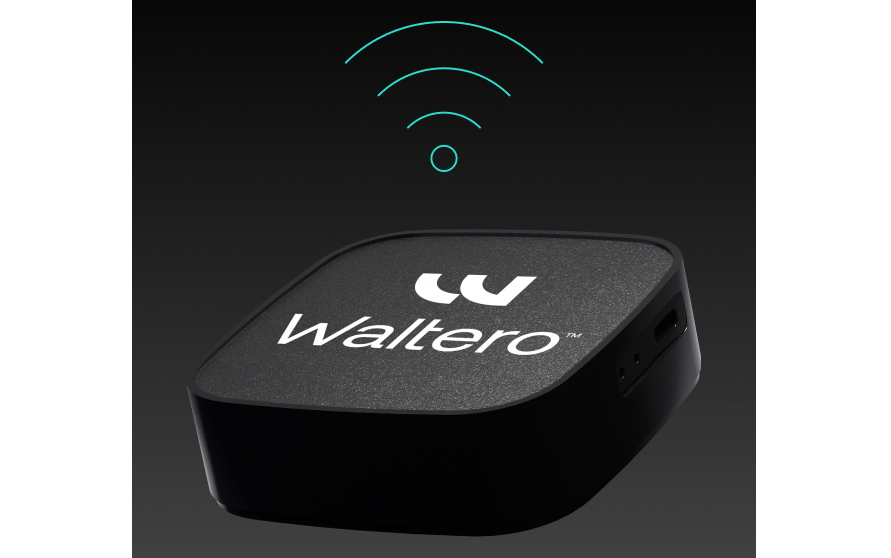Introduction
Smart grid technology isn’t just a leap; it’s a quantum jump in the way we use and manage electricity.
This article will explore how smart grids can lower energy costs, integrate renewable energy, improve grid reliability, and much more.
Smart grids, also known as smart electrical grid systems, are more than electricity networks; they’re sophisticated ecosystems that balance supply and demand in real time while delivering stability and cost savings.
1. Lower Energy Costs for Consumers
Smart grid technology transforms how we manage and use electricity. By enhancing efficiency, reliability, and sustainability, the benefits of a smart grid offer numerous advantages for modern homes and utility companies alike.

Through the implementation of smart grid systems, consumers are empowered with smart meters that not only track energy usage but also encourage energy conservation through dynamic pricing.
The innovative W-Sensor technology enables efficient energy usage, provides real-time monitoring, and introduces dynamic pricing models that revolutionize how electricity is consumed and paid for.

Energy bills reflect actual energy consumption patterns, incentivizing efficient use and ultimately lowering power costs.
2. Enhanced Environmental Sustainability
In a world confronting the challenges of climate change, smart grid technologies emerge as champions of sustainable energy. By efficiently integrating renewable energy sources, such as distributed energy resources like solar and wind power, smart grids reduce our reliance on fossil fuels, thus lowering carbon emissions and paving the way for a sustainable future.
3. Improved Grid Reliability and Resilience
The resilience of a smart grid lies in its ability to anticipate, react, and heal from unexpected power disturbances. Real-time monitoring systems paired with predictive maintenance ensure that even in the face of adversity, the grid remains robust and reliable.

Thanks to Waltero’s smart technologies, the slightest risk can be detected and prevented while grid operators can rest assured that power will flow uninterrupted, maintaining the lifeline of energy efficiency.
4. Better Demand Management and Peak Load Reduction
The balancing act of supply and demand takes on a refined approach with smart grid technologies. Through demand response programs and load shifting, energy providers can manage peak loads more effectively, reducing the strain on the power grid and preventing power outages.
This two-way interactive capacity not only enhances energy conservation but ensures electricity is used when it’s most available and least expensive leading to a moderate energy consumption.
5. Increased Efficiency for Utility Companies
Utility companies find a strong ally in smart grid technologies, where advanced metering infrastructure, IoT-based smart metering system, and predictive maintenance converge to optimize resource allocation and operational efficiency.

The benefits of smart grid technologies include:
- Real-time data and analytics provided by systems like Waltero’s smart meters
- Reduction of energy waste
- Enhancement of the energy transition for a more efficient transmission of power
- Smart grid technology enables efficient energy usage, real-time monitoring, and dynamic pricing, lowering consumer energy costs.
- Smart grids facilitate the integration of renewable energy sources, reducing reliance on fossil fuels and enhancing environmental sustainability.
- Smart grids enhance grid reliability through real-time monitoring and predictive maintenance, ensuring rapid restoration after power disturbances and resilience against unexpected disruptions.
These technologies such as the W-Solution are instrumental in improving the overall efficiency of utility companies.
6. Integration of Distributed Energy Resources
Harnessing the power of distributed energy resources, smart grids facilitate a seamless integration of individual energy systems such as solar panels and wind turbines into the electrical grid. This not only contributes to a robust electrical network but also empowers consumers to generate and contribute their own electricity, promoting a distributed generation model that is both resilient and sustainable in the context of power grids.
7. Faster Restoration After Power Disturbances
When power disturbances occur, the swift and intelligent response of smart grids minimizes downtime and disruption.
Waltero‘s smart sensor tracks and automates monitoring and remote control capabilities to enable rapid restoration of service, ensuring that communities and businesses experience the shortest possible outages.
8. Advanced Security Measures
As we embrace the digital transformation of the power industry, the security of smart grid technologies becomes paramount. Advanced encryption and intrusion detection systems are employed to safeguard against cyber threats, ensuring that the data and operations of the smart grid are protected at all times.
For instance, The W-Sensor of Waltero comes with end-to-end encryption linked to the W-Cloud offering access authorization to its users only, with an integrated protection protocol.
9. Real-Time Data and Analytics
The heart of the smart grid revolution lies in real-time data and analytics. IoT-enabled systems offer a two-way data flow that not only informs consumers about their energy usage but also remotely tracks and equips utilities with actionable insights for grid management and maintenance.

This real-time monitoring ensures that energy use is optimized and anomalies are swiftly addressed.
10. Support for Electric Vehicles
Smart grids stand as pivotal enablers for the electric vehicle revolution. By efficiently managing the demand for electricity, smart grids ensure that electric vehicles are charged during optimal times, leveraging renewable energies and contributing to a cleaner transportation sector.
11. Customized Electricity Offers
With the advent of smart grid work, consumers can now benefit from customized electricity offers tailored to their individual usage patterns. This personalized approach not only promotes energy conservation but also empowers consumers to take control of their electricity consumption, fostering a more informed and proactive energy community.
12. Promotion of Sustainable Energy Practices
Smart grids are a catalyst for sustainable energy practices, promoting the use of renewable energy systems to meet our power needs. By integrating merging technologies and renewable energies into the traditional energy grids, we encourage consumers to adopt cleaner energy sources, making significant strides toward energy conservation and a sustainable future.
13. Future-Proofing Cities with Smart Grids
As we look towards a smart and sustainable future, the role of IoT metering systems and smart grid technologies in future-proofing cities cannot be overstated. These investments ensure that urban utility management is not only reliable and flexible but also ready to meet the challenges of tomorrow.
Summary
In conclusion, the journey through the world of smart grids reveals a path to a future where energy is not just a commodity but a well-managed, sustainable resource that supports our modern lifestyle. From lowering energy costs to enhancing grid reliability and promoting sustainable energy practices, smart grid technology stands as a pillar of innovation and efficiency.
Frequently Asked Questions
What is smart grid technology?
Smart grid technology refers to advanced electrical grids enhanced with digital and IoT technologies to efficiently manage the supply and demand of electricity in real-time, ensuring cost savings, stability, and sustainability.
How does Waltero’s W-Sensor technology work?
Waltero’s W-Sensor technology transforms traditional utility meters into smart digital meters, enabling real-time energy monitoring and dynamic pricing, ultimately leading to efficient energy management.
Can smart grids help in reducing my energy bills?
Yes, smart grids can help in reducing energy bills by enabling dynamic pricing and encouraging efficient electricity usage.
Are smart grids secure from cyber threats?
Yes, smart grids are secure from cyber threats due to advanced security measures such as encryption, intrusion detection systems, and regular patch management.

